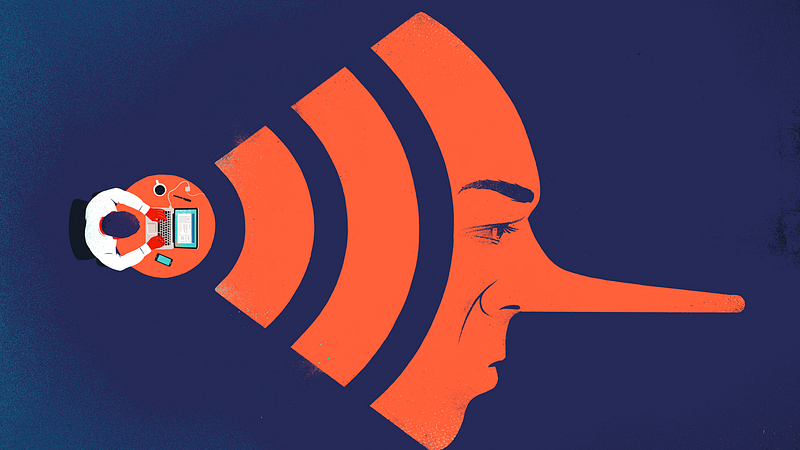
Disinformation seems to be the buzzword of the week. Over the last few days, the term has appeared on our news feeds across a number of media outlets, including The New York Times, The Atlantic, and The Washington Post. But disinformation, or, the deliberate falsification of information, is far more than just a buzzword.
Together with its companion misinformation, which refers to false information that is presented as factual, disinformation is one of the most formidable challenges to our democracy today. So much so, that former President Barack Obama has taken on the gargantuan task of campaigning against the behemoth of disinformation that is facilitated by social media giants like Meta (formerly Facebook, Inc.) and Twitter.
Transparency and the free flow of information have traditionally been hailed as indicators of a healthy, functioning democracy. Social media, in its early years, promised us just that. The last few years, however, have shown us the flow of information across online platforms is not free and is in fact far from transparent.
As former Facebook, Inc. employees Frances Haugen and Sophie Zhang revealed, the social media giant has prioritized profits over people, allowing dangerous, false information and hate speech to thrive on its pages, unchecked. Social media algorithms are designed to churn out greater revenue for companies. That means, if an inflammatory post gets high levels of engagement, it will get amplified because the greater the views, the higher the profit. These algorithms also create echo chambers, chipping away at any possibility for users to actually reach across the aisle and interact with diverse perspectives and political standpoints.
The saturation of dis- and misinformation online is now reaching high levels of toxicity and endangers our democracy. It is deepening the divide amongst Americans and facilitating the decline of faith in our democratic institutions.
Last year, we wrote about the dilemma we face between allowing false narratives and divisive rhetoric to flourish under the guise of free speech and Silicon Valley executives setting the guidelines for censorship. It has since become increasingly clear that the debate goes beyond the struggle between the First Amendment and the spread of disinformation. That kind of a narrow dichotomy would only result in polarizing, and potentially near-sighted, policy solutions.
Instead, we must first and foremost accept that there is no easy fix to this issue. Nuance is key. We must also understand that government-led solutions or tech company policies can only go so far. As we have previously warned, there is a fine line between regulation and censorship. And drafting apolitical legislation in a time of severe partisanship will be a challenge of its own. We therefore need a holistic approach to resolving this epidemic of disinformation.
As consumers of social media and online news, we need to approach every content with a healthy level of skepticism and actively diversify our sources. As American Muslims, it is our duty to speak and amplify the truth. We need to actually listen to and understand other sides of the debate instead of demonizing and canceling each other out. We must strive to preserve every person’s dignity and treat each other with basic decency and respect. That is what Islam teaches us.
Invest in MPAC’s work to improve public policies and perceptions. We’re changing how America views Islam and Muslims.